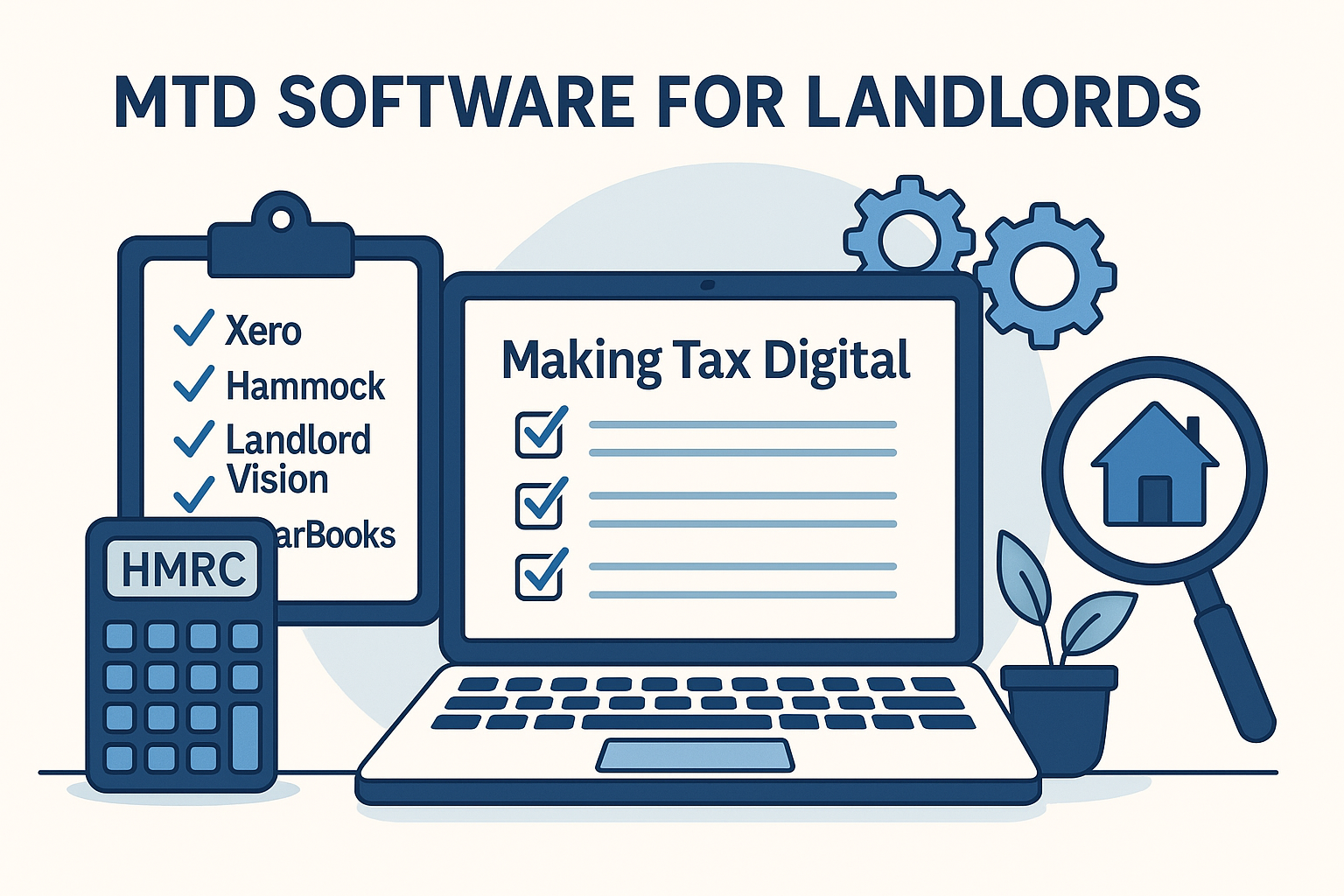The UEFA Champions League is one of the biggest soccer competitions in the world. Top teams from Europe compete for glory, fame, and a lot of money! Even when teams lose a match, they can still earn some cash. In this article, we’ll explain how much teams get for a loss in the Champions League, especially in the 2024/25 season, and why this matters. We’ll break it down in a simple way so everyone can understand, and we’ll make sure it’s packed with useful info for soccer fans.
What Is the UEFA Champions League?
The UEFA Champions League, often called the UCL, is a yearly soccer tournament where the best clubs from Europe’s top leagues play against each other. Teams like Real Madrid, Manchester City, and Bayern Munich fight to win the famous trophy. The competition starts with a league phase (previously called the group stage) and moves to knockout rounds, ending with a big final match.
Besides winning the trophy, teams also earn money for playing, winning, drawing, or even losing matches. This prize money helps clubs pay players, buy new talent, and improve their stadiums. Let’s dive into how much teams get when they don’t win.
Prize Money for a Loss in the 2024/25 Champions League
In the 2024/25 season, the Champions League has a new format with 36 teams instead of 32, and the total prize money is a huge €2.437 billion (about $2.71 billion or £2.06 billion). This money is shared among the teams based on how they perform and other factors.
League Phase Earnings
In the league phase, each of the 36 teams plays eight matches (four at home and four away). Teams earn money for:
- Winning a match: €2.1 million (about $2.33 million or £1.78 million).
- Drawing a match: €700,000 (about $777,000 or £594,000).
- Losing a match: €0 (no direct payment for a loss).
So, if a team loses a match in the league phase, they don’t get any performance-based prize money for that specific game. However, they still receive other payments just for being in the competition. For example:
- Base payment for qualifying: Every team that makes it to the league phase gets €18.62 million (about $20.67 million or £15.8 million). This is split into a down payment of €17.87 million and a balance of €750,000.
- League ranking bonus: Teams earn money based on where they finish in the league phase (1st to 36th). This bonus is divided into 666 shares, each worth at least €275,000. The team in 36th place gets one share (€275,000), while the top team gets 36 shares (up to €9.9 million). Even teams that lose many matches can earn some of this bonus if they rank higher than 36th.
- Value pillar payments: These are extra payments based on a team’s 10-year performance in European competitions (called the UEFA coefficient) and the value of their country’s TV market. This adds up to €853 million of the prize pot and can give teams millions more, even if they lose matches.
Knockout Phase Earnings
After the league phase, the top 24 teams move to the knockout rounds. Here, prize money gets even bigger, but there’s no direct payment for losing a match. Instead, teams earn money for reaching each round:
- Playoff round: €1 million (about $1.11 million or £847,000) for qualifying.
- Round of 16: €9.6 million (about $10.66 million or £8.14 million).
- Quarter-finals: €10.6 million (about $11.77 million or £8.99 million).
- Semi-finals: €12.5 million (about $13.88 million or £10.6 million).
- Final: €15.5 million (about $17.22 million or £13.15 million) for the runner-up, €20 million (about $22.22 million or £16.98 million) for the winner.
If a team loses in the knockout rounds, they don’t get extra money for that loss, but they keep the money earned for reaching that stage. For example, if a team reaches the quarter-finals but loses, they still take home €10.6 million for getting that far.
Why Do Teams Still Earn Money Even If They Lose?
You might wonder why teams get so much money even if they lose matches. Here’s why:
- Encouraging Competition: The base payment of €18.62 million ensures that even smaller clubs, like Stade Brestois from France, can afford to compete with giants like Real Madrid. This makes the tournament more exciting and fair.
- Covering Costs: Playing in the Champions League is expensive. Teams travel across Europe, pay for hotels, and maintain their stadiums to meet UEFA’s rules. The prize money helps cover these costs.
- Rewarding Participation: Just qualifying for the Champions League is a big achievement. The money rewards teams for their hard work in their domestic leagues.
- TV and Sponsorship Money: UEFA earns billions from TV deals and sponsors. Part of this money (the “value pillar”) is shared with teams based on their country’s TV market size and past performance, not just wins or losses.
How Does This Compare to Previous Seasons?
In the 2023/24 season, the total prize money was €2.03 billion, and the base payment for the group stage was €15.64 million. Teams earned €2.8 million for a win and €930,000 for a draw in the group stage, but nothing for a loss. The 2024/25 season increased the base payment to €18.62 million and lowered the draw payment to €700,000, but the structure for losses stayed the same—no direct payment for losing a match.
The big difference this season is the expanded league phase and the larger prize pot, which means teams can earn more overall, even if they don’t win many games. For example, a team that loses all eight league phase matches but ranks 24th in the league phase could still earn around €18.62 million (base payment) plus a few million from the league ranking bonus and value pillar payments.
Why Is This Important for Fans?
Understanding prize money helps fans see why the Champions League matters so much to their favorite teams. Here are a few reasons:
- Team Growth: Money from the Champions League can help clubs buy better players or improve facilities. For example, French club Brest used their 2024/25 earnings to plan a new stadium.
- Underdog Stories: Smaller teams can use the money to compete with bigger clubs, creating exciting underdog stories.
- Financial Fair Play: UEFA’s rules make sure clubs spend wisely. Prize money helps teams follow these rules while staying competitive.
Tips for Fans: How to Follow the Champions League
Want to stay updated on your team’s Champions League journey? Here are some easy tips:
- Watch Matches: In the USA, catch games on Paramount+. In Australia, try Stan Sport. In the UK, TNT Sports shows every game.
- Check UEFA’s Website: UEFA.com has match schedules, prize money details, and team rankings.
- Follow on Social Media: X posts from accounts like @ChampionsLeague give live updates and fun facts.
- Read News: Sites like Sporting News, AS USA, or Sky Sports break down prize money and match results in simple terms.
- Explore Team Names: If you’re curious about other sports or want to dive into creative team names for soccer or even baseball, check out baseball team names for inspiration. It’s a fun way to connect with sports culture across different games!
Learn More About Teams and Sports
The Champions League is all about celebrating great teams with unique identities. If you love learning about team names, histories, or how clubs build their brands, visit Teamnamesed.com for a deep dive into team naming ideas and sports trivia. It’s a great resource for fans who want to explore more about their favorite clubs or even create their own fantasy team names!
Conclusion
While UEFA Champions League teams don’t get direct prize money for losing a match in the 2024/25 season, they still earn a lot just for being in the competition. Every team gets at least €18.62 million for qualifying, plus extra cash based on their league ranking and other factors like TV deals. This money helps clubs grow, compete, and create exciting moments for fans. Whether your team wins or loses, the Champions League is a big deal, and the prize money keeps the soccer world spinning!








